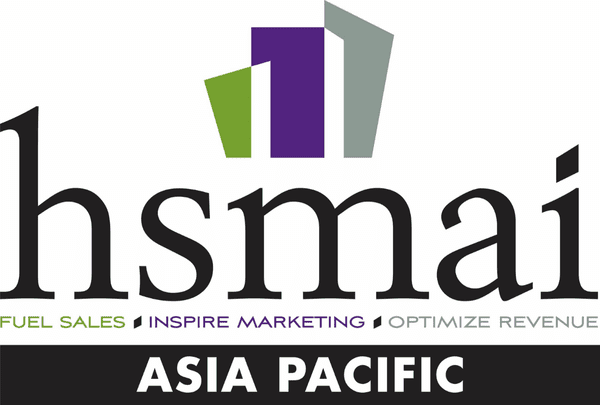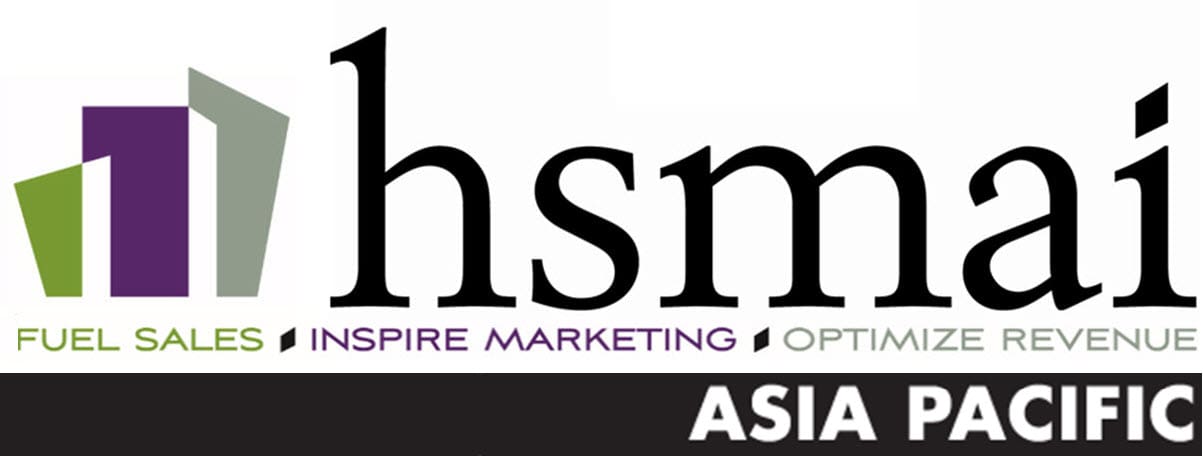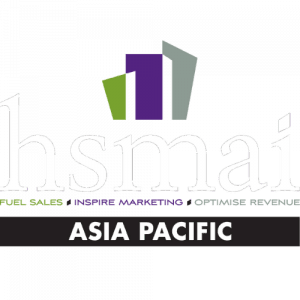Capitalising on APAC’s Tourism Boom with Integrated Hospitality Tech

Capitalising on APAC’s Tourism Boom with Integrated Hospitality Tech
Asia Pacific is entering a defining moment in its tourism trajectory, with international arrivals forecast to reach 813 million by 2027, up from 648 million in 2024, according to the Pacific Asia Travel Association (PATA). This growth is being driven by relaxed visa policies, regional travel campaigns, and long-term national strategies, marking the beginning of a new era of travel across the region.
From Thailand’s “Six Countries, One Destination” campaign to Singapore’s “Tourism 2040” Strategy, countries across APAC are laying the groundwork for long-term tourism success. For hospitality operators, the opportunity lies in turning this volume into value. Integrated, guest-centric technology will define the leaders in this next phase, enabling hotels to turn customers into revenue opportunities and first-time travellers into repeat guests.
Personalisation That Builds Loyalty from the Start
To convert first-time travellers into long-term revenue, hotels must go beyond delivering great stays. They need to create personalised experiences that build loyalty from the first interaction. In today’s digital and competitive market, personalisation is no longer optional. It’s a strategic tool to differentiate, increase guest spend, and encourage repeat visits.
Agilysys’ 2024 APAC Hospitality Impact Study revealed that while 86 percent of travellers were satisfied with their stay, only 37 percent returned to the same property. This gap reflects a lack of emotional connection. Satisfaction is not enough; guests need to feel recognised, remembered, and understood.
Unified guest profiles can help solve this. By consolidating guest preferences, behaviours, and history across PMS, POS, CRM, booking engines, and loyalty programs, hotels gain a single, actionable view of each guest. This allows for personalised room suggestions, relevant in-stay offers, and post-departure engagement that builds long-term relationships.
The revenue impact is significant. Sixty-eight percent of APAC travellers would spend more on personalised experiences and 73 percent would pay up to 30 percent more for upgrades offered after booking. With real-time access to guest insights, hotels can deliver timely, relevant offers that increase spend and drive retention.
Optimising Service Delivery Through AI and Automation
The surge in tourism is placing added pressure on hotel operations at a time when many properties are struggling with labour shortages. Rather than lowering service standards, hotels are using automation and AI to maintain high-quality guest experiences while improving operational efficiency.
Smart tools can automate bookings, check-ins, housekeeping scheduling, and demand forecasting. These systems enable hotels to scale service delivery without adding headcount or compromising quality. During peak periods, they are essential for ensuring guests receive fast, seamless service.
This is critical in APAC, where 66 percent of travellers say shorter wait times would influence their likelihood to spend more. For staff, automation reduces the burden of repetitive tasks, allowing them to focus on high-touch, high-value moments that elevate the guest experience.
Enhancing the Guest Journey with Local Partnerships
Guests increasingly want more than just a comfortable stay; they want authentic experiences that connect them with the destination. Leading hotels are partnering with local businesses to offer curated, tech-enabled experiences that extend far beyond the property itself.
When powered by the right platform, these partnerships can be embedded into loyalty programs, giving guests the ability to earn and redeem rewards across restaurants, boutiques, attractions, and more. This not only enhances guest satisfaction but also strengthens the hotel’s role in the broader tourism ecosystem.
These experiences can foster emotional connections, particularly when they reflect local culture and individual guest preferences. Whether it’s a personalised food tour or exclusive access to wellness services, local integration helps create meaningful memories that increase the likelihood of a return visit.
Interoperability to Maximise RevPAG
Technology upgrades in isolation often deliver limited results. The real impact comes when front-of-house and back-of-house systems working together in an integrated, data-driven environment. This interoperability enables real-time decision-making and better coordination across every touchpoint in the guest journey.
It simultaneously supports the shift from RevPAR to RevPAG (Revenue Per Available Guest) which focuses on maximising the full value of each guest’s stay. By prioritising total spend over occupancy alone, hotels can unlock new revenue opportunities across dining, spa, retail, events, and local experiences.
Hospitality leaders are increasingly recognising the need for this transition. Additional research from Agilysys notes that 82 percent of executives see the potential of optimising RevPAG, yet 56 percent feel completely unprepared to act on it. At the same time, 68 percent believe property technology must serve a dual role — supporting day-to-day operations while enabling long-term innovation. Achieving both requires integrated systems that are flexible, scalable, and built around the guest journey.
Yet, many properties are not reviewing their systems frequently enough to close this gap. While 72 percent of executives are open to modernising their infrastructure, only 12 percent assess their tech more than once per year. Thirty-eight percent wait four years or more, creating major blind spots.
Hotels that embrace interoperable platforms will be best positioned to meet rising guest expectations, drive sustainable revenue growth, and operate more intelligently as demand continues to climb.
The Future of APAC Tourism
The rise in visitor numbers across Asia Pacific is just one part of the story. The real shift lies in guest expectations. A new generation of digital-first, experience-led travellers is demanding intuitive, personalised service across the entire stay.
This presents a pivotal opportunity for hospitality leaders. Those who invest in connected, guest-centric technology today will be able to build lasting loyalty, close operational gaps, and lead the region’s next phase of growth. With the right tech, APAC hotels won’t just manage the tourism boom – they’ll define it.
Article by:
https://www.agilysys.com/



